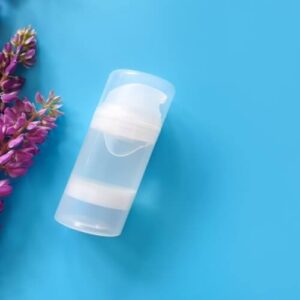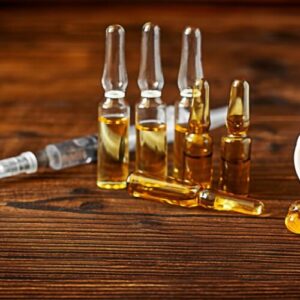Medicines to treat adenoid hypertrophy: know a list of them
Adenoids are painless tumors that grow in the nasal mucosa or nasal passages and hang from them like grapes. They occur as a result of chronic inflammation and are associated with immune disorders, allergies, asthma or recurrent infections. In this article, we will mention a list of drugs for the treatment of adenoid hypertrophy:
Medications to treat adenoid hypertrophy
Small adenoids may not be associated with any symptoms, but enlarged adenoids can cause blockage of the nasal passages, or lead to breathing problems, frequent infections and loss of smell, so the treatment plan that doctors prepare depends on medications to reduce them. symptom control. Below is a list of drugs to treat adenoid hypertrophy:
1. Prescription drugs
Most of the drugs used to treat adenoid hypertrophy require a prescription, including:
-
Topical corticosteroids
In the form of nasal sprays or drops, these drugs are usually the first treatment that doctors recommend to treat enlarged adenoids and reduce swelling and itching. These medications can help the nasal polyp shrink or disappear altogether.
The most common nasal sprays containing mometasone (Mometasone) or fluticasone (Fluticasone) or budesonide (Budesonide) or triamcinolone (Triamcinolone).
-
Oral and intravenous corticosteroids
In cases where adenoids do not respond to topical medications, or if you have a sinus problem, your doctor may prescribe oral corticosteroids, such as: prednisone (Prednisone) or dexamethasone (Dexamethasone) alone or in addition to sprays to reduce its size and reduce swelling and congestion for several months.
However, due to the side effects associated with them, they are usually prescribed for a limited period, and intravenous corticosteroids are prescribed by a doctor if adenoids are severe.
-
antibiotics
Antibiotics prescribed by the doctor if there is a suspicion of a bacterial sinus infection in the adenoids, such as: azithromycin and amoxicillin.
It should be noted that most infections associated with adenoid hypertrophy are viral, so antibiotics do not treat them.
-
biological drugs
It has been shown that doublelimb (DufilumabIt reduces the size of enlarged adenoids, reduces the need for oral corticosteroids and surgery, and is an injectable monoclonal antibody that strengthens the immune system.
-
Oral leukotrienes
These drugs are used to reduce the size of the adenoids, such as: montelcast (MontelukastIt is useful for people with a chronic condition known as respiratory disease aggravated by insulin sensitivity (Aspirin worsened respiratory diseasesknown as Samter’s trio.
2. Non-prescription drugs
Your doctor may prescribe over-the-counter medications to treat nasal congestion caused by adenoids, reduce inflammation and tenderness, and shrink the size of the adenoids, such as antihistamines.
Examples include: Cetirizine (Cetirizine), and loratadine (Loratadine), and fexofenadine (Fexofenadine).
Tips for preventing adenoid hypertrophy
After referring to the list of drugs to treat adenoid hypertrophy, we will mention a set of tips to prevent it by controlling some of the underlying conditions that can cause adenoids, such as chronic sinusitis and allergies:
- Avoid places with large amounts of allergens and irritants that can lead to runny nose and sinus cavities.
- Wash your hands regularly to prevent bacteria and viruses from entering the nasal passages.
- Use a humidifier or inhale steam when you feel especially dry inside your nose.
- Use a saline nasal solution to remove allergens or irritants by flushing the nasal passages.





